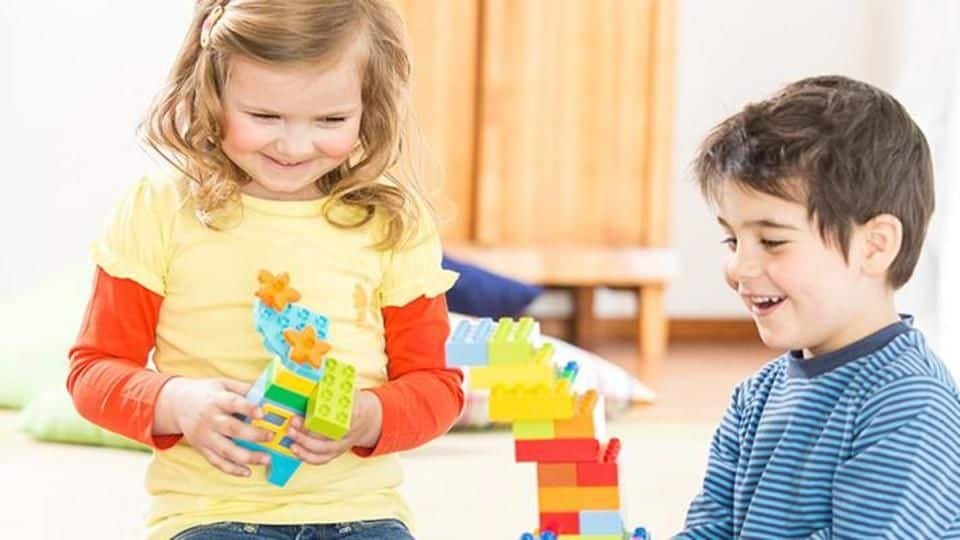
Legos, video games boost spatial skills in children: Study
What's the story
Researchers from the University of Colorado Boulder and Carleton College in Minnesota have found out that children who play with Legos and certain video games develop better spatial skills than the ones who don't. Researchers also said that well-developed spatial skills are directly related to success in the fields of science and engineering. Here is more on the study.
Details
Study was conducted with 345 university undergraduates
Under this study, 345 university undergraduate students were given written tests related to spatial knowledge. Their results hugely varied from 6% to 75%, and so did their spatial skills. One of the researchers noted that since all the students had equal academic qualifications, "something must be happening earlier in childhood or outside of school that makes some kids better spatial thinkers."
Quote
Spatial skills become important in fields like engineering, math: Researchers
"By providing spatial training to children, and providing spatially demanding toys before schooling starts, we can give them the opportunity to develop skills important in fields like science, technology, engineering, and math," said Anne Gold, Cooperative Institute for Research in Environmental Sciences, US.
Procedure
Students were tested on their spatial knowledge through written test
Students had to deal with questions testing their spatial skills, that required them to, for example, mentally rotate obscure shapes. The researchers then took into account other factors besides their final scores like college major, childhood play patterns, standardized test scores, number of science courses taken, and gender. It was found that childhood play patterns made a huge difference to how the students performed.
Information
Students who played with construction-based toys as kids scored higher
Students who played with Legos and construction-based toys during childhood scored significantly higher than other students. The study also found out that even though male students performed better than female students overall, kids of both genders who played construction-based video games performed equally well.